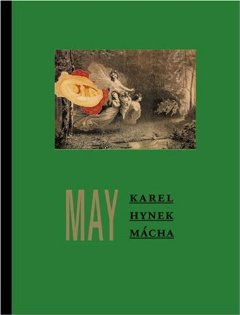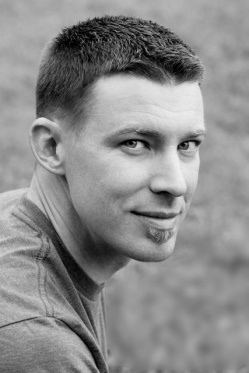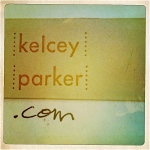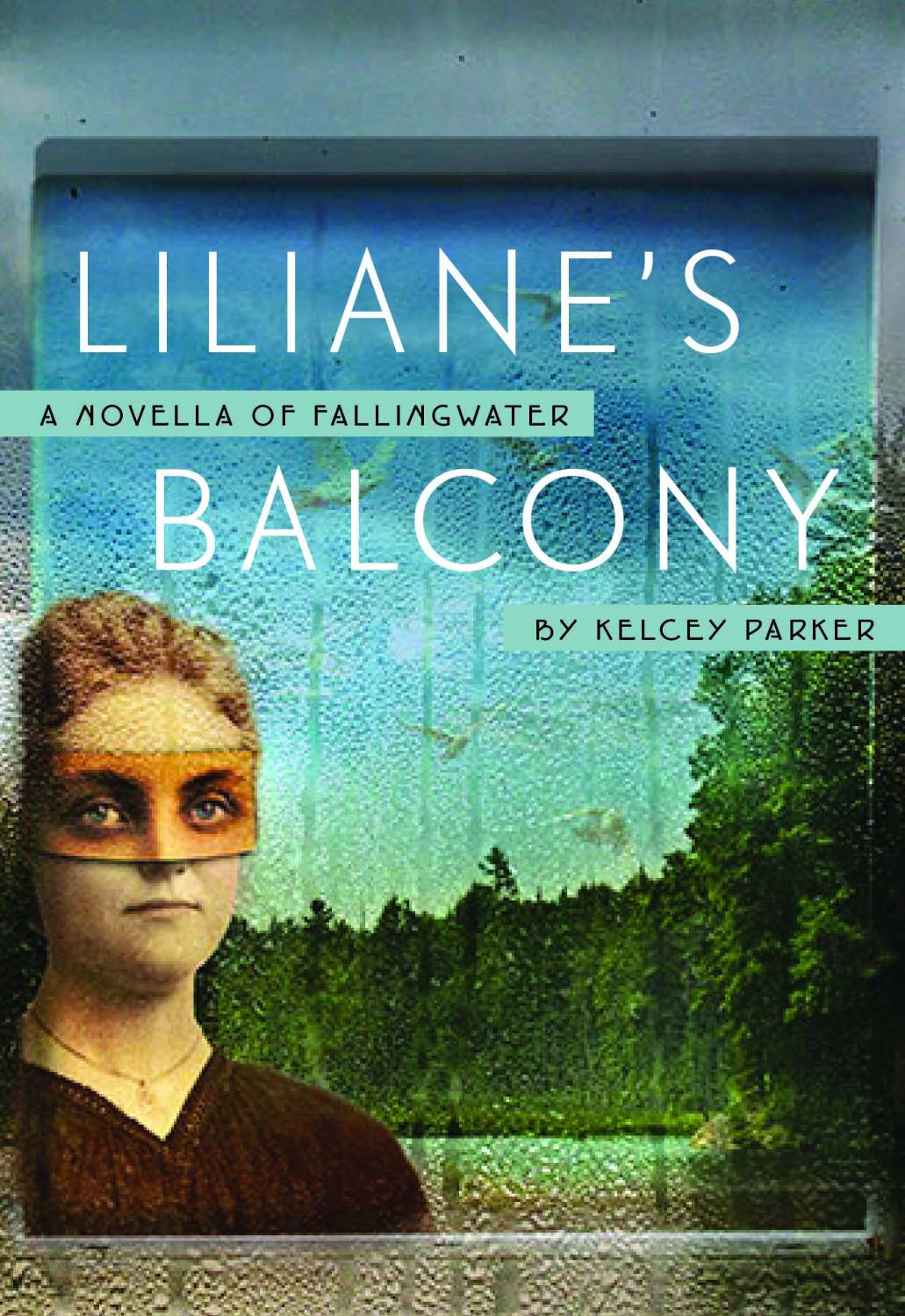Today is the first stop of Jen Michalski’s virtual book tour celebrating her new collection, From Here. The twelve stories in From Here explore the dislocations and intersections of people searching, running away, staying put. Their physical and emotional landscapes run the gamut, but in the end, they’re all searching for a place to call home.
Jen Michalski is author of the novel The Tide King, winner of the 2012 Big Moose Prize, and other works listed below. She is the host of the Starts Here! reading series, and interviews writers at The Nervous Breakdown. She also is the editor of the anthology City Sages: Baltimore, which Baltimore Magazine called a “Best of Baltimore” in 2010. She lives in Baltimore, Maryland, and tweets at @MichalskiJen. Find her at jenmichalski.com.
 Read more by and about Jen:
Read more by and about Jen:
Short Story: “Human Movements”
Short Story: “Lillian in White”
Interview: Talking about The Tide King
Novella Collection: Could You Be With Her Now
Fiction Collection: Close Encounters
How Jen Michalski Became a Writer
This is the next installment in the How to Become a Writer interview series, which will post here at Ph.D. in Creative Writing every other Sunday (or so) until I run out of writers to interview, or until they stop saying yes. Each writer answers the same 5 questions. Thanks to Jen for saying yes!
- Why did you want to become a writer?
I’m not sure it’s a question of “want.” I’ve been writing since I learned to write, and even if I never published a word again, if no one except me read another sentence that I wrote, I would continue to write. It’s as natural to me as breathing, as seeing, and definitely how I am able to organize my thoughts and understand the world. If I couldn’t write, my ability to be “Jen” would suffer as a result. It’s not about making an observation or a statement or wanting people to listen to me as some sort of authority. It’s the way I dialogue with my mind and with the outside world, a conversation.
- How did you go about becoming a writer?
It wasn’t a concerted effort, at least to writing fiction. I majored in Language and Literature at St. Mary’s College of Maryland in the early 1990s, and I wrote some bad poetry during those years, but I never thought about being an “author” per se. I had always written novels, but they were more for my own enjoyment and trying to figure out who I was.
I graduated from St Mary’s thinking I would write features for magazines and newspapers, or be an editor, and I got my MS in Professional Writing from Towson University a few years later still thinking that. One of the classes I took at Towson, however, was an independent study, and I wrote another novel that someone actually read–my independent study professor, who also happened to be my advisor. She encouraged me to submit it. I sent it to a couple of places and was rejected, but I began to wonder what would happen if I wrote another novel and submitted it. Then, after I graduated, I started the literary quarterly jmww to sort of remain involved with the writing community. Over the years I got to meet other, more successful writers, and learned you could get an MFA in creative writing (seriously, I didn’t know) and all this other fun stuff. So, I started writing and sending out short stories. I guess this was about 2004, and I haven’t stopped.
- Who helped you along the way, and how?
My grandparents, both maternal and paternal, were very working class but voracious readers. My dad’s mother read a lot of mysteries and Ellery Queen and would give me the issues when she was finished, and my mom’s dad, who loved Westerns and historical romances, would take my brother and me to the library every Saturday morning. Coming from a family who only went to the beach, which was two hours away, one week every summer, books offered me vistas I didn’t know even existed, helped me nurture a great curiosity about people and the world.
When I graduated college, I reviewed art and books and the occasional play for The Baltimore Alternative, and my editor then, Rawley Grau, read a few of my stories and made me feel as if I had a little talent. I also was enamoured of his life as an editor and aspired to have a career in the writing arts.
These days, there are so many people–the many editors who have published my stories; Gregg Wilhelm, with whom I have worked for years to try and maintain a vibrant, fun writing community here in Baltimore; Savannah Schroll-Guz, who gave me my first break (and book) at So New Publishing; Michael Kimball, with whom I co-hosted the 510 Readings over 7 years and who has been instrumental in encouraging me to take some risks as a writer; Ed and Ann Berlin of The Ivy Bookshop, who work twice as hard as everyone else in making sure writers have a voice in Baltimore; Steven Gillis and Dan Wickett at Dzanc; Diane Goettel and Angela Leroux-Lindsey at Black Lawrence Press; Cynthia Reeser at Aqueous. Years of writing groups here in Baltimore, and happy hours. My family and friends and my partner, Phuong, for their unwavering support.

- Can you tell me about a writer or artist whose biography inspires you?
Without coming off as incredibly pretentious, I’ve always been struck by Beethoven, who began to go deaf around 26, when he was working on “Pathetique.” He wrote to his brothers about wanting to commit suicide but decided to continue living and creating art. At one point, he didn’t even know that his work reviewed a standing ovation until he turned around and saw everyone in the music hall clapping. If Beethoven didn’t throw in the towel, then how can the rest of us? And I think we should work in that vacuum as well, deaf and blind to applause, to reaction, good or bad.
- What would you say in a short letter to an aspiring writer?
It is always about shouting the words into the wind, into the tempest, because they need to be purged, not because they need to be heard.
*Tomorrow, visit The Next Best Book Club blog to follow the tour and read an excerpt of From Here plus Jen’s insights from the passage: what she was thinking while she was writing, the funny trail of thoughts that got her there, and a whole lot more!





















